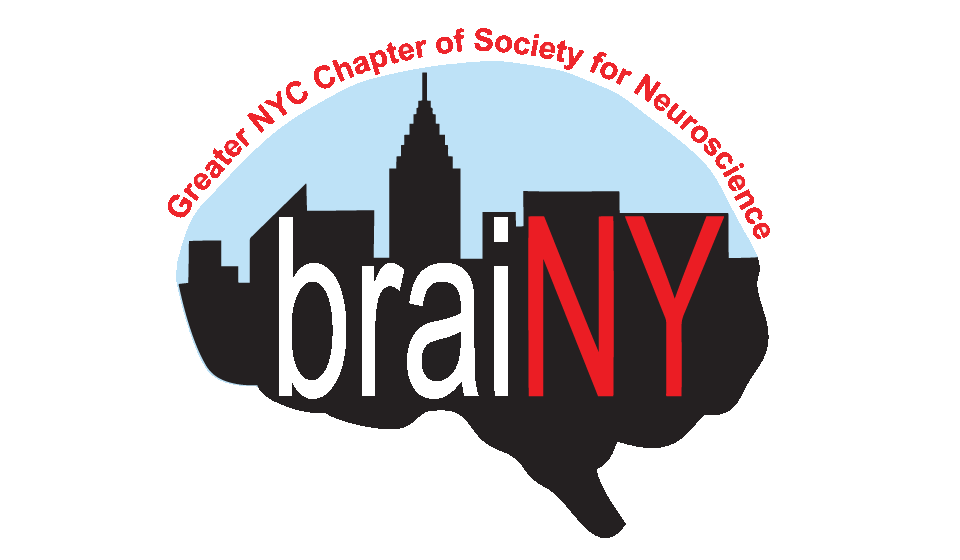Autism and the Gut: A Striking Connection
The increasing prevalence of Autism Spectrum Disorder (ASD) in new generations has sparked the search for new therapies and treatments. According to the Center for Disease Control, 1 in 36 children in the U.S. present with ASD (CDC). New research points to the gut microbiome being a key factor in the disorder’s development.
What is Autism Spectrum Disorder?
Autism Spectrum Disorder is a neurological disorder amongst young children and adolescents. Children with ASD present with a certain set of behavioral symptoms, including overly repetitive behaviors, frequent inattentiveness, and delayed cognitive skills. Oftentimes ASD individuals struggle to communicate with others, and present with anxiety disorders and intellectual deficits. Aside from these neurological symptoms, most ASD-diagnosed children also have gastrointestinal problems. The correlation between symptoms having to do with the brain, gut, and stomach has fascinated scientists. How are the brain and the gut connected?
The answer: the gut-brain axis.
What is the Gut-Brain Axis?
The gut-brain axis has been a topic of great interest in the neuroscience research community. It is believed that the gut and brain directly influence each other. The microbiome of the gut is a sort of community of bacteria and fungi. Our microbiomes begin to form at birth and can change as we grow depending on one’s diet or the use of antibiotic drugs. We might think that bacteria are bad for us, but the presence or absence of “good” bacteria can lead to changes in brain function and in turn behavior.
The Abnormal Microbiome of those with ASD
Scientists sought to discover whether there is a difference in the bacterial and fungal communities of those with ASD and those without. Researcher Rong Zou and his colleagues conducted a study in which they tested the feces of children with ASD and healthy children. They found an abundance of the fungal group Saccharomyces and an absence of the fungal group Aspergillus. According to Zou et al., these fungal groups can affect the immune system. Saccharomyces cerevisiae—a species of Saccharomyces—releases biomolecules that regulate the body’s immune response. Aspergillus versicolor—a species of Aspergillus—is important to the microbiome because of its anti-inflammatory properties. It is possible that if given as a supplement to children with ASD, Aspergillus may produce a beneficial immune response, which in turn may help treat ASD symptoms.
The aforementioned study gathered information on which species may disrupt the microbiome of children of ASD. Diving deeper, researcher Patricia Bermudez-Martin and her colleagues demonstrated that microbes could induce ASD-like behaviors in mice. Bermudez-Martin tested whether the microbial metabolite p-Cresol, a compound secreted by bacteria and abundant in ASD patients, will affect behaviors in mice. Bermudez-Martin exposed mice to p-Cresol for 4 weeks. After being exposed, the mice presented with stereotypic behaviors of those with ASD. Although the mice did not show any detectable changes in anxiety or cognition, they did show significant social behavior deficits. The discovery of this connection is significant because it paves the way for the development of therapies that target the microbiome of ASD patients, however follow up studies in humans are needed.
A Possible Therapeutic Treatment
Following the discovery of the connection between ASD and the microbiome, Xue-Jong Kong and his team developed a drug trial which focused on treating ASD by targeting microbiome imbalances. Patients in the trial were given probiotic and oxytocin therapy. The probiotic given, Lactobacillus plantarum PS128, has been shown to better depressive symptoms and anxiety-like behaviors in mice, and Oxytocin is a hormone that can influence social communication. Kong and his colleagues administered both the probiotic and oxytocin to individuals with ASD for 28 weeks. The results showed a significant improvement in sociobehavioral skills, reaffirming the link between the gut and ASD symptoms and suggesting that this combination of therapy may prove to be an effective long-term treatment.
Although this research is still new, it is the foundation for future studies and treatments and the microbiome is the target.
Zuzanna Pula is an undergraduate student at the Macaulay Honors College of the City University of New York. She is studying biology with a focus on neuroscience. Zuzanna hopes to apply to medical school at the conclusion of her undergraduate studies. In the future, Zuzanna hopes to pursue a career in critical care medicine with a focus in neurology. In her free time, Zuzanna enjoys reading and spending time with friends and family.
Edited by Denise Croote, PhD

